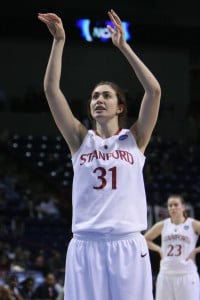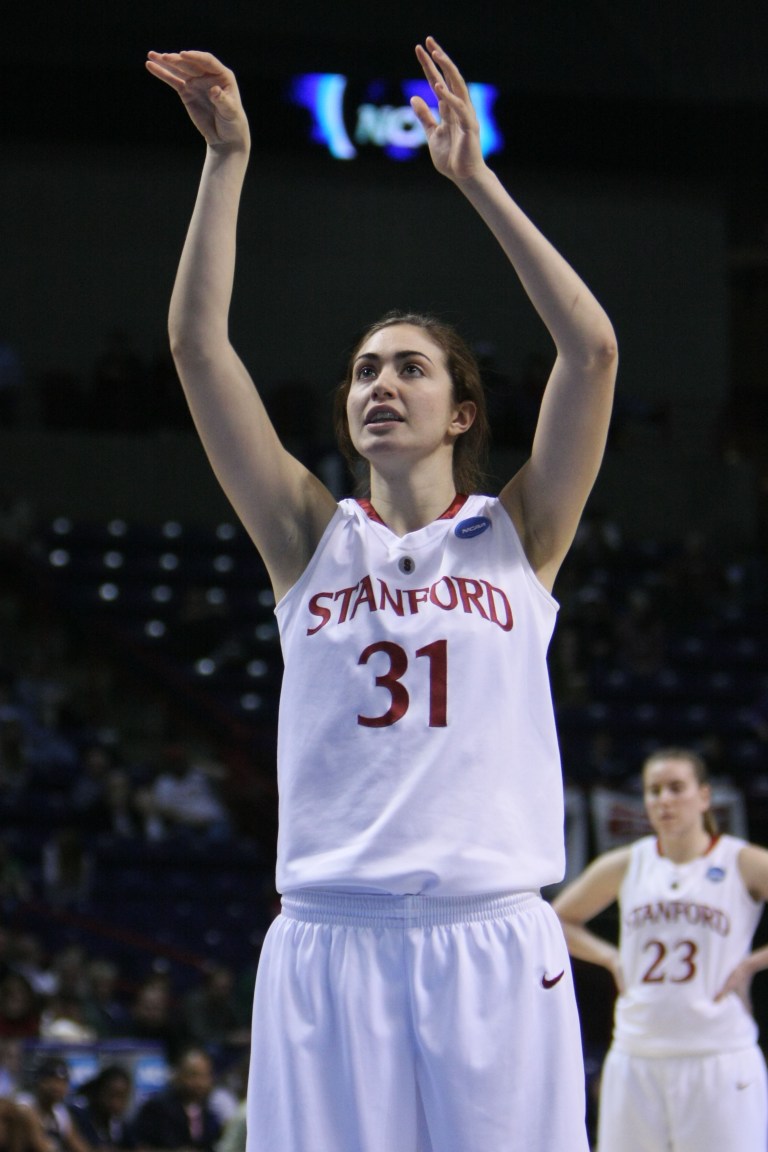On Nov. 5, over 25 employers will visit Stanford for a career fair held exclusively for Cardinal student-athletes, one of the resources Stanford provides to help student-athletes prepare for life after college.
While the time constraints of being on a varsity sport can make it difficult for student-athletes to participate in extracurriculars or internships, the skills athletes develop in their sports can often be positively marketed towards employers.

According to Kathy Campbell, an associate director at the Career Development Center (CDC) and Stanford liaison to athletes, one of the highlights of her job is when athletes come to the realization that they have the skills to be competitive and successful in a work environment.
In order to reach this point, Stanford offers a variety of support systems for student-athletes. The hub of this support is the Athletic Academic Resource Center (AARC), which offers study tables, tutoring and advising services for varsity athletes at the Arrillaga Center for Sports and Recreation.
In their freshman year, all athletes are required to participate in a course called Partners for Academic Excellence (PAE) that is offered through the AARC. PAE helps students balance their academic classes and their athletic commitments by teaching them how to effectively manage their limited free time. PAE creates groups of several student-athletes with similar academic interests and provides them with mentors who are usually current or former student-athletes.
“It’s really helpful to have a resource who has been in the position I am in now,” says Joey Starling ’17, a member of the Stanford baseball team. “The class is a good way to meet athletes from other teams and to be with people who are going through the same transition period I am.”
Student-athletes are also taught skills such as how to build a resume, how to present oneself through social media and how to market themselves to employers.
While the time constraints can be difficult, Campbell said that there are aspects of the student-athlete experience that look very attractive to employers if they are packaged properly. Counselors help athletes emphasize what they learned from their experience in sports in their applications, and what skills are transferable to a workplace environment.
“We highlight teamwork, the ability to set individual and team goals, the ability to handle high pressure situations and the ability to multitask and balance a variety of commitments,” Campbell said. “These are all skills employers are looking for, but it is up to the athlete to present their experience in that light.”
Morgan Clyburn ’09, who played on the women’s varsity basketball team and majored in biomechanical engineering, is now a senior development engineer for a medical startup in the Bay Area. Clyburn said that Stanford was exceptionally helpful in making life as a student-athlete as manageable as possible and helping her transition into her desired career.
“Stanford goes above and beyond to make sure that the student-athlete has a rewarding experience in both academics and athletics,” Clyburn said. She added that the women’s basketball community helped her start networking.
“In terms of finding a job, I learned so many life lessons from being a student athlete at Stanford,” says Clyburn. “Being a competitor, understanding what it means to be on a team and having strong academics behind me — those are the things that helped me build my resume.”
Contact Michaela Elias at [email protected].
